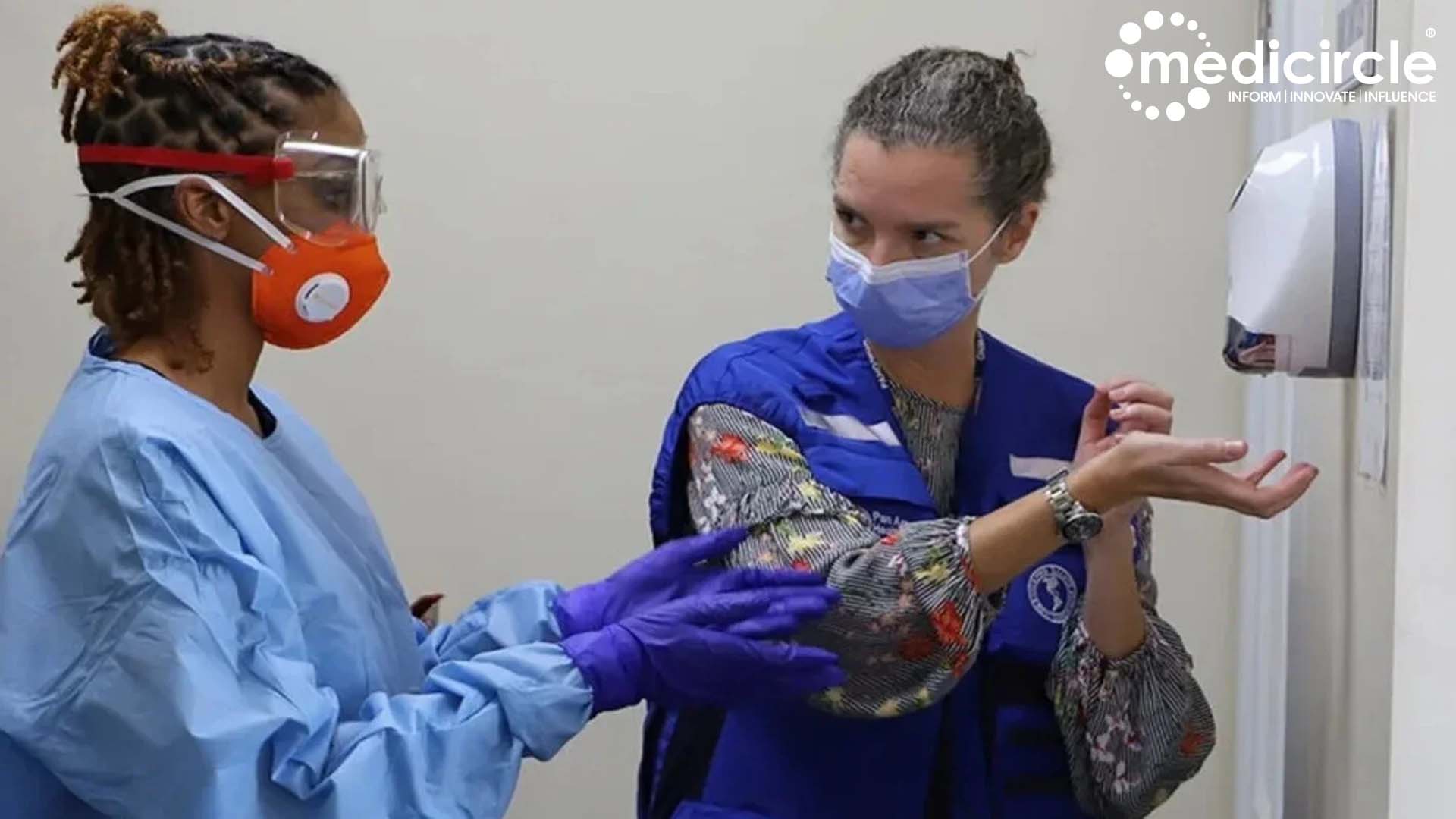COVID-19 is probably not going to be spread through semen, recommends another examination directed by the researchers of the University of Utah.
The examination was distributed in the diary - Fertility, and Sterility.
Chinese men who as of late had the sickness were inspected for leading the investigation. The scientists found no proof of the infection that causes COVID-19 in the semen or testicles of the men.
The investigation was not far-reaching enough to completely preclude the likelihood that the infection could be explicitly transmitted. Be that as it may, its odds happening, in light of this constrained discovering, seem, by all accounts, to be remote.
"The way that in this little, primer investigation that it shows up the infection that causes COVID-19 doesn't appear in the testicles or semen could be a significant finding," said James M Hotaling, MD, a co-creator of the examination and a Health partner educator of urology work in male fruitfulness.
"If sickness like COVID-19 were explicitly transmittable that would have significant ramifications for malady avoidance and could have genuine ramifications for a man's drawn-out conceptive wellbeing," James included.
The worldwide group of analysts from China and the United States propelled the investigation in light of worries that SARS-CoV-2, the infection that causes COVID-19, could be explicitly transmitted like Ebola, Zika, and other viral pathogens.
(All things considered) after they were determined to have mellow to direct instances of COVID-19. Research facility tests didn't recognize SARS-CoV-2 in any of the semen tests.
Be that as it may, because the infection was absent in the current semen didn't preclude that it hadn't entered the testicles where sperm cells are framed.
"If the infection is in the testicles yet not the sperm it can't be explicitly transmitted. Be that as it may, if it is in the testicles, it can cause long haul harm to semen and sperm creation," said Jingtao Guo, Ph.D., a postdoctoral researcher at the Huntsman Cancer Institute at the University of Utah who likewise co-composed the examination.
To sift through this piece of the riddle, the analysts investigated a dataset created from a solitary cell mRNA chartbook from sound youthful organ benefactors that was accessible from earlier work. This map book permits them to look at mRNA, the hereditary material used to make proteins, in any single testicular cell. For this situation, the researchers utilized it to analyze the outflow of a couple of qualities related to SARS-CoV-2.
These two qualities, angiotensin-changing over protein 2 (ACE2) and transmembrane serine protease 2 (TMPRSS2) go about as receptors, permitting SARS-CoV2 to infiltrate cells and repeat. All together for the infection to get to cells successfully, the two receptors must be available in a similar cell.
At the point when the researchers inspected the dataset, they found that qualities encoding these two proteins were just found in four of the 6,500 testicular cells, recommending that SARS-CoV-2 is probably not going to attack human testicular cells, Guo says.
Despite these discoveries, the specialists recognize that their investigation has a few significant confinements including little example size and the way that none of the benefactors had been seriously sick with COVID-19.
"It may be the case that a man who is sick with COVID-19 may have a higher viral burden, which could prompt a more prominent probability of tainting the semen. We simply don't have the response to that at this moment," Hotaling said.
"In any case, realizing that we didn't locate that sort of action among the patients in this examination who were recouping from gentle to direct types of the malady is consoling," Hotaling included.
Be that as it may, Hotaling cautioned that close contact can even now build the danger of spreading the infection through hacking, wheezing, and kissing. Also, some tainted individuals are asymptomatic and can seem sound, even as they pass the infection along to other people.

 Chinese men who recently had the disease were examined for conducting the study. The researchers found no evidence of the virus that causes COVID-19 in the semen or testes of the men
Chinese men who recently had the disease were examined for conducting the study. The researchers found no evidence of the virus that causes COVID-19 in the semen or testes of the men












.jpeg)















.jpg)




